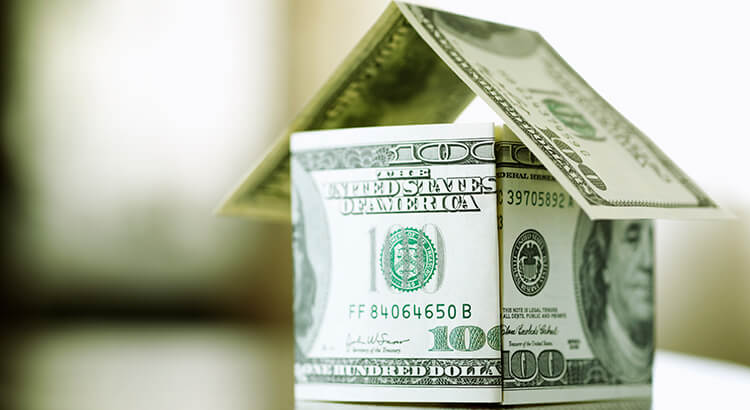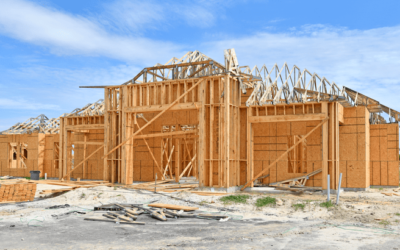Do You Know How Much Equity You Have In Your Home? You May Be Surprised!

CoreLogic’s latest Equity Report revealed that 256,000 properties regained equity in the third quarter of 2015. This is great news for the country, as 92% of all mortgaged properties are now in a positive equity situation.
Price Appreciation = Good News For Homeowners
Frank Nothaft, CoreLogic’s Chief Economist, explains:
“Home price growth continued to lift borrower equity positions and increase the number of borrowers with sufficient equity to participate in the mortgage market. In the last three years, borrowers with at least 20 percent equity have increased by 11 million, a substantial uptick that is driving rapid growth in home equity originations.”
Anand Nallathambi, President and CEO of CoreLogic, believes this is a great sign for the market in 2016 as well, as he had this to say:
“Homeowner equity is the largest source of wealth for many Americans. The rise in home prices, expected to be at least 5% in 2016, will continue to build wealth and confidence across America. As this process continues, it will provide support for the housing market and the broader economy throughout [the] year.”
This is great news for homeowners! But, do they realize that their equity position has changed?
A study by Fannie Mae suggests that many homeowners are not aware that they have regained equity in their home as their investment has increased in value. For example, their study showed that 23% of Americans still believe their home is in a negative equity position when, in actuality, CoreLogic’s report shows that only 8% of homes are in that position (down from 9% in Q2).
The study also revealed that only 37% of Americans believe that they have “significant equity” (greater than 20%), when in actuality, 74% do!
This means that 37% of Americans with a mortgage fail to realize the opportune situation they are in. With a sizeable equity position, many homeowners could easily move into a housing situation that better meets their current needs (moving to a larger home or downsizing).
Fannie Mae spoke out on this issue in their report:
“Homeowners who underestimate their homes’ values not only underestimate their home equity, they also likely underestimate 1) how large a down payment they could make with their home equity, 2) their chances of qualifying for mortgages, and, therefore, 3) their opportunities for selling their current homes and for buying different homes.”
Bottom Line
If you are one of the many Americans who are unsure how much equity you have built in your home, don’t let that be the reason you fail to move on to your dream home in 2016! Let’s get together to evaluate your situation!
Rising Inventory Means This Spring Could Be Your Moment
If you’ve been on the sidelines, waiting for the right time to buy, this spring could be the opening you’ve been hoping for.
Is a Newly Built Home Right for You? The Pros and Cons
An agent can walk you through the pros and cons of considering a newly built home and help you decide if it makes sense for you.
Is the Housing Market Starting To Balance Out?
While it’s still a seller’s market in many places, buyers in certain locations have more leverage than they’ve had in years.
Do You Know How Much Your Home Is Worth?
The only way to get an accurate look at what your house is really worth is to talk to a local real estate agent.
Should I Buy a Home Right Now? Experts Say Prices Are Only Going Up
If you’re debating whether to buy now or wait, remember: real estate rewards those in the market, not those who try to time it perfectly.
Are Investors Actually Buying Up All the Homes?
The idea that Wall Street investors are buying up all the homes and making it impossible for you to compete is a myth







